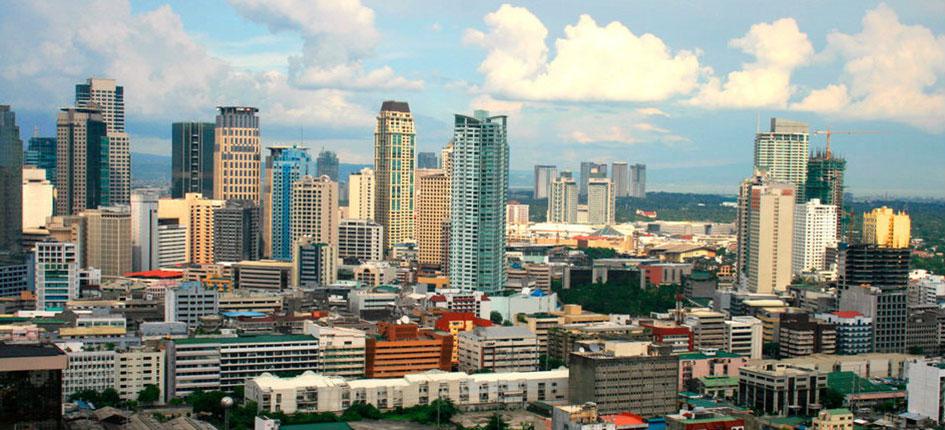Following ratification by the individual countries, the free trade agreement between the EFTA (Switzerland, Iceland, Liechtenstein and Norway) and the Philippines will take effect on June 1, 2018. This will particularly benefit industrial and various food products, but the agreement also covers a number of technical trade barriers, protection of intellectual property and investment protection.
Questions free trade agreements with Philippines
The most frequently asked questions about the free trade agreement with the Philippines, which comes into force on June 1, 2018.

The tariff reduction/exemption will be progressively applied to most of the products listed in Chapters 25-97.
Most of the duties will be lifted in one fell swoop when the agreement enters into force. At the same time, the Philippines will no longer be granted tariff preferences under the Generalized System of Preferences for developing countries.
The proof of origin is exclusively the declaration of origin. It can be issued by the exporter, regardless of the value of the goods. The declaration of origin must be made out in English only.
There is a general value tolerance of 20% of the ex-factory price of the product for non-originating materials in the list rules that require a position or chapter jump.
Excluded from this tolerance are list rules based on value criteria and products for which complete extraction or production is to be claimed.
The accumulation of originating goods between EFTA countries and the Philippines is allowed. However, an accumulation with goods of other free trade partners is not.
Applies to this Agreement. This means that the imported originating goods must be the same as those exported from the contracting party. They must not have undergone working or processing in an unauthorized manner during the journey and must have remained permanently under customs control.
«The exporter of the goods covered by this document (customs authorisation No…) declares that, except where otherwise clearly indicated, the goods satisfy the Rules of Origin to be considered as originating under the PH-EFTA FTA (Country of Origin: ....................)
Place and Date
…………..………………..
Signature above the Printed Name
of the Authorised Signatory»
With the FTA, proof of origin must be submitted within two months according to current administrative practice (validity period of provisional assessment; the notifiable person may also apply for a time extension in writing before the deadline expires).
Circular from the FOCBS in German, French, Italian, English
The complete EFTA-Philippines Agreement is available on the EFTA homepage in English via the following link.
The currently valid preferential tariffs, as well as the rules of origin and list rules, are available in the customs database via the following link.
Please contact our ExportHelp team should you have any further questions:
ExportHelp S-GE
Switzerland Global Enterprise
Support
exporthelp@s-ge.com
0844 811 812


